Young people’s wellbeing guide for stressful situations
A guide for young people, by young people, about coping with stressful situations and advice on how to manage them.
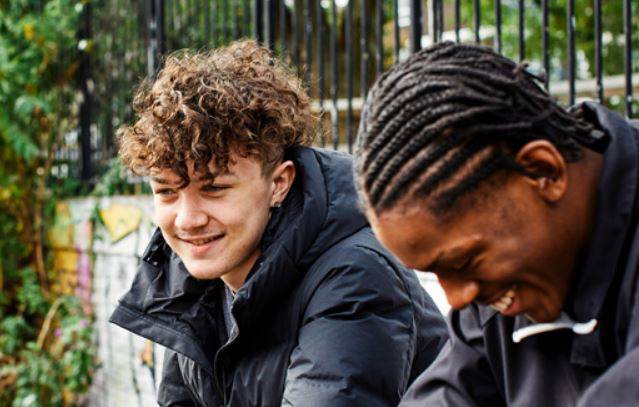
The Children's Society compiled this detailed guide through consulting with young people and asking them what advice they would give to other young people on how to cope with stress.
The guide was compiled during the 2020 coronavirus lockdown, so it includes useful information about dealing with issues caused by the pandemic too.
The guide includes a reflection activity for young people to complete after reading the advice in the guide, to think about which strategies might work for them.
Using this resource
This resource is designed for:
- use by young people aged 11 to 16
- use by individual young people
Curriculum links
|
England - RSHE |
Mental health and wellbeing By the end of secondary school pupils should know: · how to recognise the early signs of mental wellbeing concerns · the benefits and importance of physical exercise, time outdoors, community participation and voluntary and service-based activities on mental wellbeing and happiness |
|
Northern Ireland – Learning for Life and Work |
Personal Health KS3 pupils should have opportunity to: · Investigate the influences on physical and emotional /mental personal health · Develop understanding about, and strategies to manage, the effects of change on body, mind and behaviour
Key Stage 4 pupils should be enabled to: · develop an understanding of how to maximise and sustain their own health and well-being · reflect on, and respond to, their developing concept of self, including managing emotions and reactions to on-going life experiences |
|
Scotland – Health and Wellbeing |
Mental and emotional wellbeing For early to fourth level (4-14): · I understand that my feelings and reactions can change depending upon what is happening within and around me. This helps me to understand my own behaviour and the way others behave. |
|
Wales - Health and Wellbeing |
Progression step 3: I can self-regulate my emotions in a healthy way using strategies that I have developed. Progression step 4: I can identify different strategies to self-regulate my emotions in response to a range of experiences. |
Share your feedback with us
How would you rate this resource? (1-5 from poor to excellent)
Thank you for your feedback
Your input helps us improve and maintain the quality of our resource hub.
Sorry there was an error
Please try again later.
Related resources

Advice for young people: managing your feelings about the conflict in Ukraine
Advice from family mental health specialists at the Anna Freud Centre on how young people can manage...
View resource
HeadEd: mental health lesson plans for teenagers
HeadEd is a mental health literacy resource for secondary school students, covering topics including...
View resource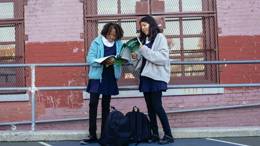
Responding to stressful situations toolkit
Two toolkits for primary schools and secondary/FE settings, with resources about responding to...
View resource
Eco-anxiety - how to cope
A lesson plan for 10 to 16-year-olds that introduces eco-anxiety, exploring how it may affect people...
View resource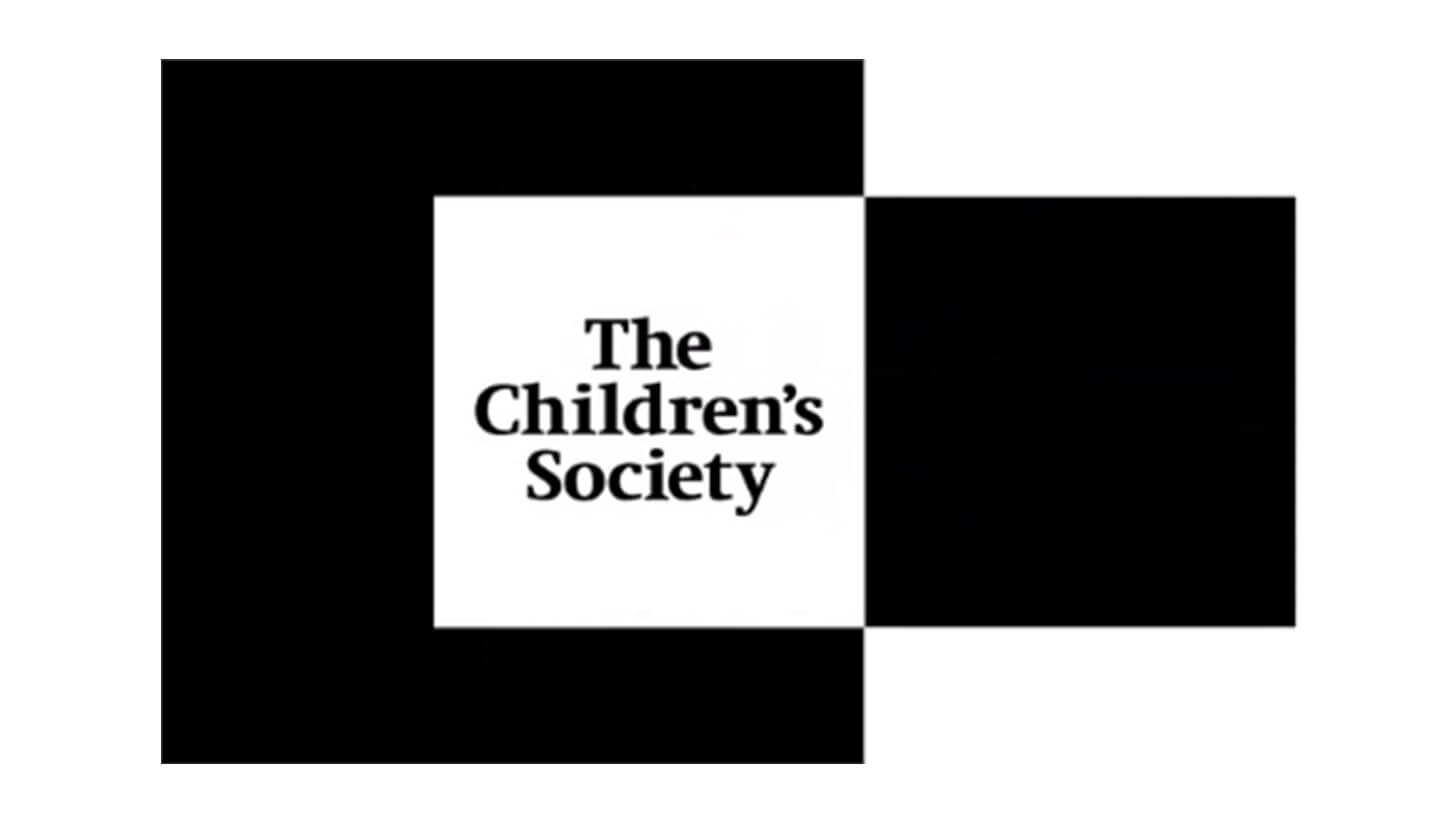
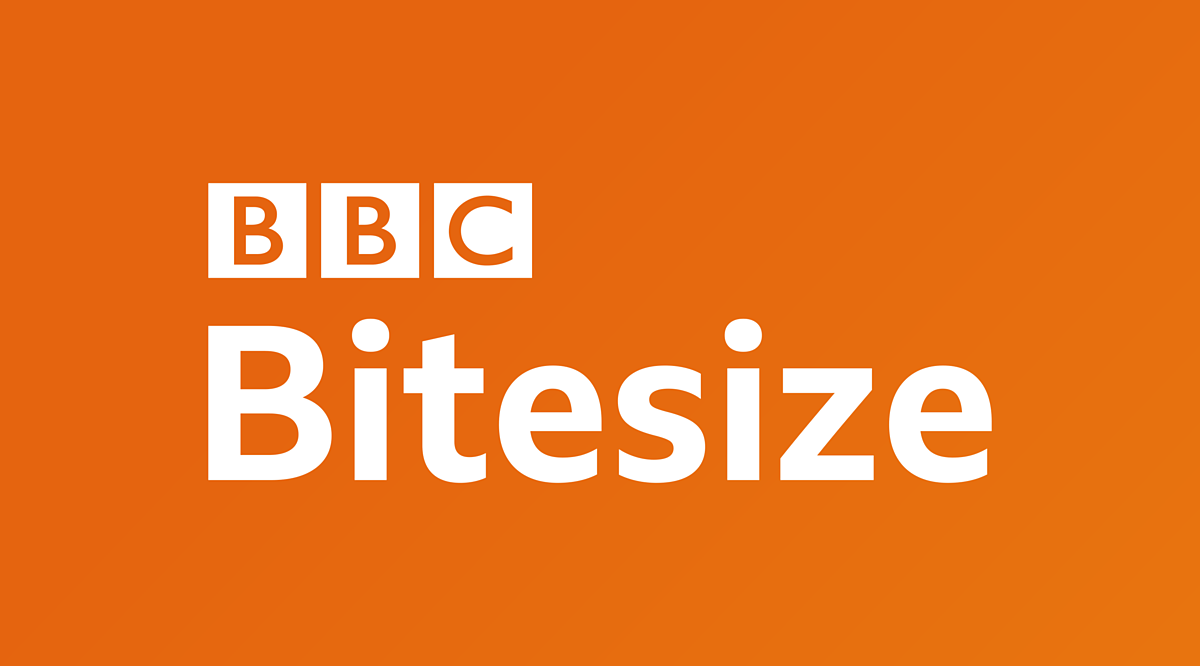 Author
Author
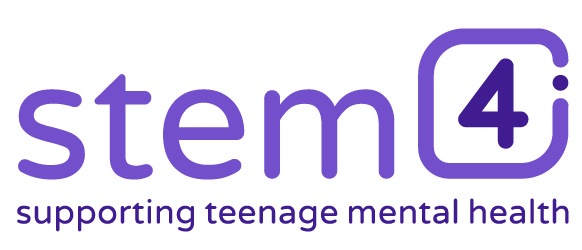 Author
Author
 Author
Author
 Author
Author